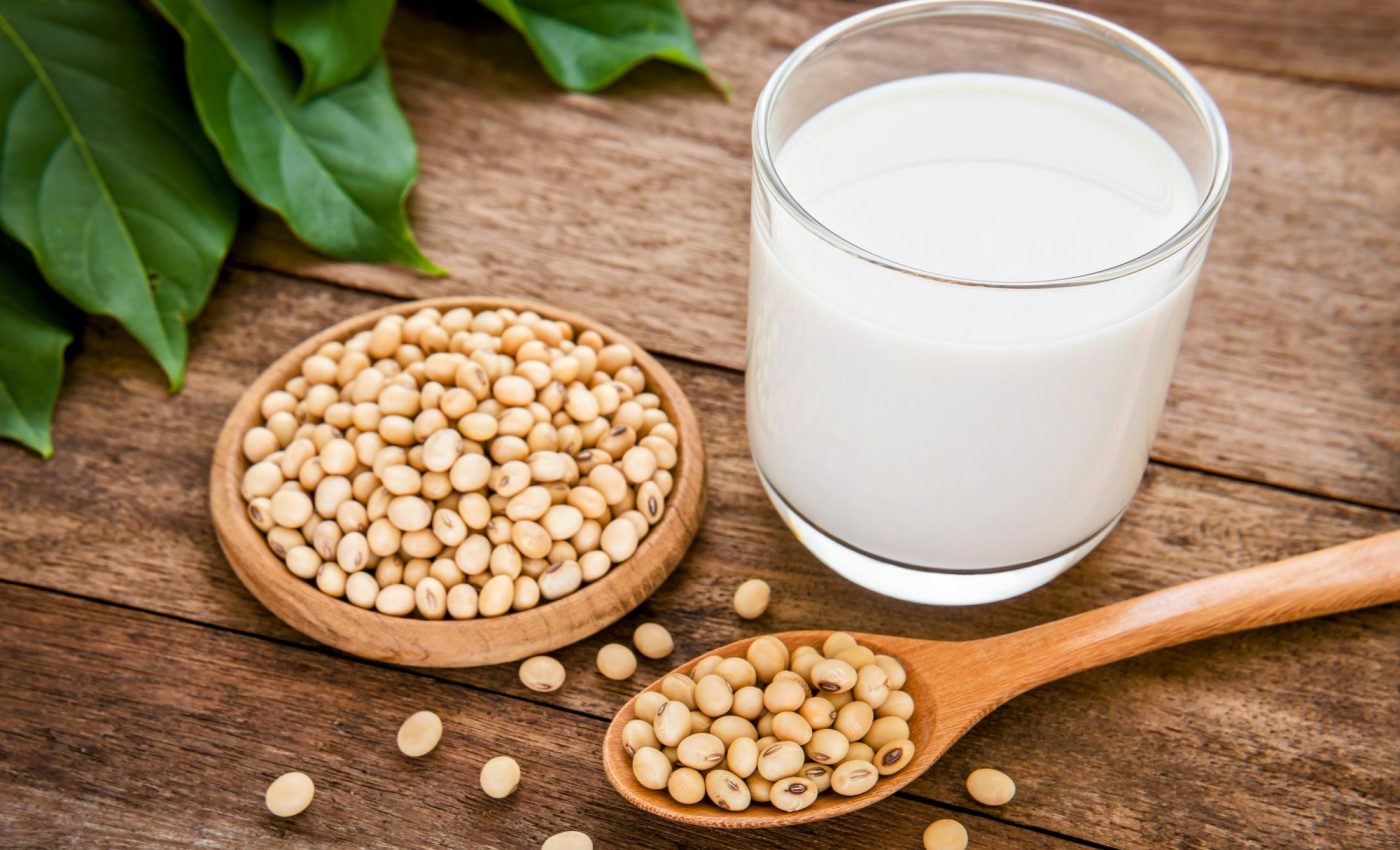
Soy foods boost cognitive abilities and attention span in children
New evidence suggests that soy foods have great potential to enhance cognitive abilities among school-aged children.
The pioneering study reveals that an increased intake of isoflavones from soy foods can lead to improved thinking ability and attention span in children.
The research paves a new path for studying the positive implications of soy food on youngsters’ cognitive growth.
Exploring isoflavones in soy foods
Isoflavones, organic compounds rich in soybeans and other related products, have been studied extensively in adults. This research linked soy foods to enhanced memory function.
However, it remained unclear whether the cognitive benefits of soy foods extended to the younger population.
“Soy foods are often not a regular part of children’s diets in the United States,” said Ajla Bristina, a neuroscience doctoral student at the University of Illinois Urbana-Champaign.
“Our study adds evidence of the importance of nutrients found in soy foods for childhood cognition.”
The in-depth analysis illuminated the significant role of nutrients in soy foods and their direct impact on childhood cognition.
Cognitive effects of soy foods in children
For the investigation, the research team analyzed cross-sectional data from 128 children between the ages of 7 and 13.
The researchers closely examined the average nutritional intake from the children’s dietary journals, considering the consumption of macronutrients, micronutrients, vitamins, and isoflavones.
“Soy consumption for individual participants ranged from 0 to 35 mg/day. To put this into perspective, an 8 fl. oz serving of soy milk provides about 28 mg of isoflavones, a serving of tofu provides about 35 mg and half a cup of steamed edamame provides about 18 mg of isoflavones,” said Bristina.
A blend of carefully constructed pencil and paper tests, adapted per grade level, measured children’s general intellectual prowess.
Cutting-edge technology and methods, such as the computerized flanker task and electroencephalographic (EEG) assessments, were used to evaluate attention skills. Brain activity was simultaneously recorded to examine information processing speed.
This marked the first time an investigation combined soy isoflavones and EEG measures to explore cognitive functioning.
“No other studies have examined the association between soy isoflavones and attentional abilities using EEG or similar measures to record electrical activity generated by the brain,” said Bristina.
Impact of isoflavones
The results were intriguing. The analysis revealed a strong correlation between higher intake of soy-based foods and improved attentional capabilities.
Children who consumed more isoflavones performed better on cognitive tasks and showed quicker information processing compared to their lower intake counterparts.
“The children in our study consumed an average of 1.33 mg of isoflavones per day, which while relatively low, aligns with previously reported values for the United States,” said Bristina.
“Overall, the analysis revealed that the children in the study tended to consume low amounts of isoflavone-containing soy foods.”
“However, those who did consume more soy foods showed faster responses during the attentional tasks and exhibited faster processing speed. No association was observed between soy isoflavone intake and general intellectual ability.”
Soy foods to the rescue
Soy-rich foods, such as tofu, tempeh, or soy-based nuggets, are a beneficial addition to children’s diets.
Not only are these foods easily accessible and flexible to be incorporated into various meals, but they also play a crucial role in fortifying cognitive capacities in children.
Bristina noted that snacks like roasted edamame, soy nuts, or soy milk are a good way to incorporate more soy into the diet.
Further research is needed
Despite the promising results, the research serves merely as a stepping stone. Future experimental studies are crucial to establish the exact quantity of isoflavone intake required to boost cognitive response times and to understand the implications of soy foods on different cognitive abilities.
“Correlational studies like this are only the first step,” said Bristina. “To better understand the effects of eating soy foods on children’s cognitive abilities and the precise amount of isoflavone intake necessary to elicit faster response times will require intervention approaches.”
To dive deeper, the research team has initiated a clinical trial to explore the effects of soy foods on children’s thinking abilities, metabolism, sex hormones, and gut health.
The research was presented at the NUTRITION 2024 conference.
—–
Like what you read? Subscribe to our newsletter for engaging articles, exclusive content, and the latest updates.
Check us out on EarthSnap, a free app brought to you by Eric Ralls and Earth.com.
—–













